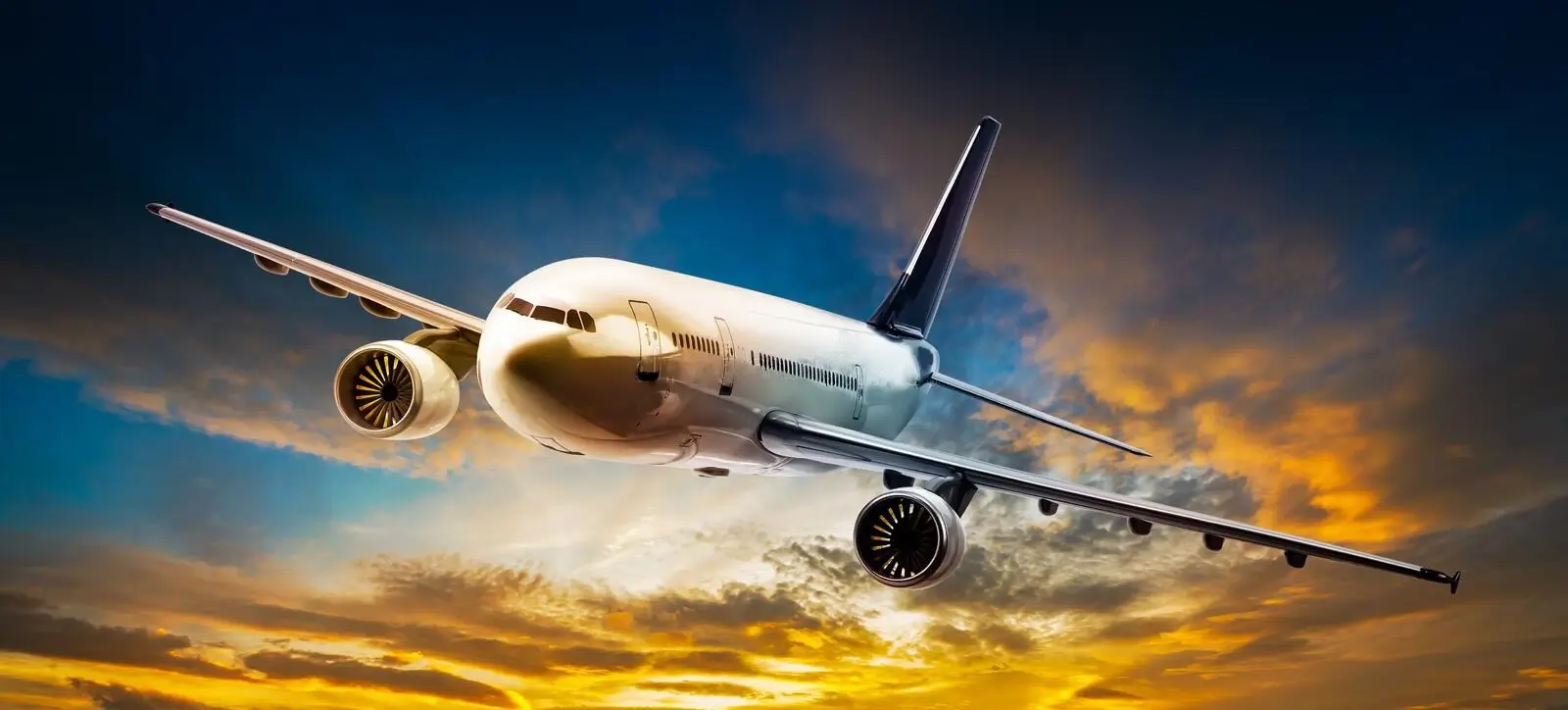Jeddah is a major city in Saudi Arabia, located on the country's western coast along the Red Sea. Here are some key details about Jeddah:
- Location: Jeddah is situated in the western region of Saudi Arabia, near the Red Sea. It serves as the principal gateway to the Islamic holy cities of Mecca and Medina.
- History: Jeddah has a long and storied history, dating back thousands of years. It was a vital trading port for merchants traveling between Africa, Asia, and the Middle East. The city played a significant role in the early Islamic period and served as an important center for trade and commerce.
- Population: Jeddah is the second-largest city in Saudi Arabia, with a diverse population that includes Saudi nationals as well as expatriates from around the world. The city's population has grown rapidly in recent decades due to immigration and urbanization.
- Economy: Jeddah is a thriving commercial and financial hub, with a robust economy driven by various sectors, including trade, finance, tourism, and industry. The city is home to the largest seaport in Saudi Arabia, which handles a significant portion of the country's international trade. Jeddah also has a growing service sector, with numerous multinational companies and financial institutions operating in the city.
- Culture and Cuisine: Jeddah is known for its vibrant cultural scene, with a rich heritage of art, music, and literature. The city's cuisine is influenced by various cultures, including Arabian, African, and Asian flavors. Some popular dishes include mandi (spiced rice and meat), kabsa (mixed rice dish), and samboosa (stuffed pastries).
- Transportation: Jeddah has a modern transportation infrastructure, including highways, bridges, and a well-developed public transportation system. The city is served by King Abdulaziz International Airport, which is one of the busiest airports in the Middle East. Jeddah also has a network of taxis and ride-hailing services for convenient travel within the city.













